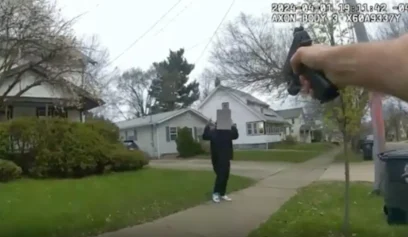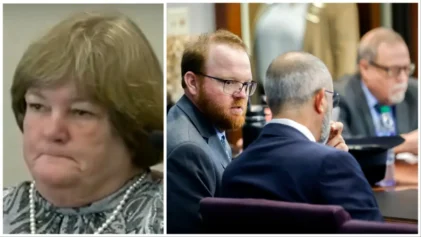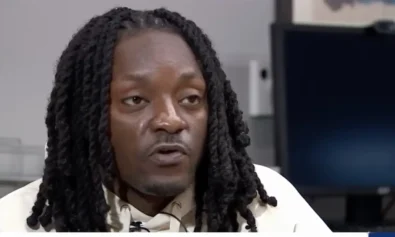Nelson Mandela, 94, is responding to treatment but remains in a critical condition, South African President Jacob Zuma said recently after visiting him. The anti-apartheid icon has been in a Pretoria hospital battling a recurring lung infection since June 8.
“We are encouraged that Madiba is responding to treatment,” said Zuma, referring to Mandela by his clan name.
The head of Mandela’s Thembu clan, King Buyelekhaya Dalindyebo, told the AFP news agency on Wednesday that the former South African president was “conscious” when he visited his hospital in Pretoria.
“He could not talk, but he recognized me and made a few gestures of acknowledgement, like moving his eyes,” he said.
According to the Associated Press:
“Ahmed Kathrada, a warhorse of the anti-apartheid struggle, was allowed just a few minutes at the hospital bedside of his critically ill comrade, Nelson Mandela. It was, he said, a traumatic experience to see the former president, physically robust during their prison years together, in such a fragile state.
“Mandela could not speak but his face ‘changed’ and he recognized his visitor ‘through his eyes,’ Kathrada said of the July 1 encounter, which was overseen protectively by Mandela’s wife, Graca Machel.”
In response to the latest reports regarding Mandela’s health, The New York Times has raised some rather uncomfortable but relevant questions about how his family would decide when is the right time to pull plug.
According to the Times:
“Medical experts in and outside South Africa who are not involved in the former president’s care have taken the government’s cryptic statement — that Mr. Mandela is in ‘critical but stable condition’ — to mean that he is being sustained by equipment, which, given his advanced age, could present his relatives, doctors and the country with a wrenching choice about how long to keep the 94-year-old alive.
“Any decision would be made in the glare of an international spotlight and would involve an extended family that has shown itself to be fractious about decisions regarding inheritance, his eventual burial location and his legacy. And it would do so under a set of South African laws and court precedents that leave some unnerving gray areas over who might make the ultimate decision.”


